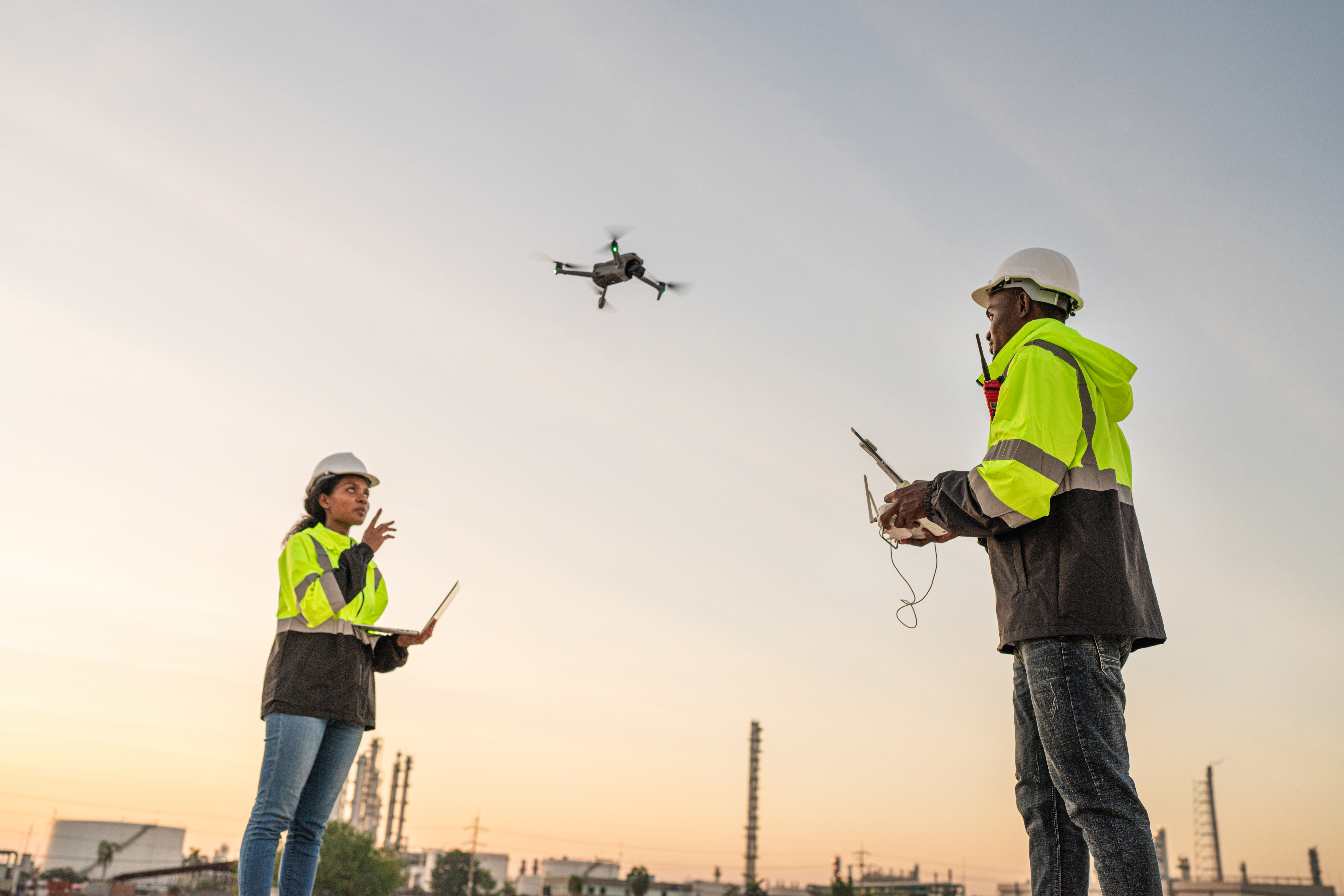Becoming a drone pilot can be an exciting career path or hobby, especially as the demand for skilled drone operators continues to grow across various industries. From aerial photography to agricultural monitoring, drones are revolutionizing how we gather information and capture images. If you’re considering pursuing this career or interest, here’s a comprehensive guide to the qualifications and steps you need to take to become a successful drone pilot.
1. Understand the Basics of Drone Operation
Before diving into qualifications, familiarize yourself with how drones work. Understanding the components of a drone, such as the frame, propellers, battery, and camera, will enhance your piloting skills. You can find many resources online, including tutorials and forums, that offer insights into basic drone operation.
Tip: Start by practicing with a beginner-friendly drone to gain hands-on experience and build your confidence.
2. Know the Legal Requirements
In the United States, the Federal Aviation Administration (FAA) regulates drone operations. If you plan to fly drones for commercial purposes, you need to obtain a Remote Pilot Certificate, commonly known as Part 107 certification. This involves meeting specific requirements:
- Be at least 16 years old.
- Be able to read, speak, write, and understand English.
- Pass an FAA-approved aeronautical knowledge test.
- Undergo a security background check.
Tip: Check your country’s regulations if you’re outside the U.S., as requirements may vary.
3. Get Educated
While formal education isn’t mandatory to become a drone pilot, acquiring knowledge in relevant fields can be beneficial. Here are some educational paths to consider:
- Aviation or aeronautics: Understanding the principles of flight and airspace regulations can give you an edge.
- Photography or videography: If your focus is on aerial photography, courses in these fields can enhance your skills.
- Engineering or technology: Knowledge of how drones operate can help you troubleshoot issues and improve your flying techniques.
Tip: Look for online courses or local workshops that focus on drone operation, safety, and regulations.
4. Gain Practical Experience
Hands-on experience is crucial in becoming a proficient drone pilot. Start by flying drones in safe, open spaces away from people and obstacles. Consider the following to gain valuable experience:
- Join local drone clubs: Connect with other enthusiasts and participate in group flying sessions.
- Volunteer for projects: Offer your services for local events or organizations to gain experience and build your portfolio.
- Practice different scenarios: Try flying in various weather conditions and altitudes to develop your skills.
Tip: Document your flights and any challenges you encounter; this can help you learn and improve over time.
5. Obtain Your Remote Pilot Certificate
Once you feel confident in your skills and knowledge, it’s time to take the FAA’s aeronautical knowledge test. This test covers various topics, including:
- Airspace classification and operating requirements.
- Weather and how it affects flying.
- Drone regulations and operational limitations.
Tip: Use online study guides and practice tests to prepare for the exam effectively.
6. Consider Additional Certifications
While the Remote Pilot Certificate is the primary qualification for commercial drone pilots, additional certifications can enhance your credibility and skills:
- Part107 Recurrent Training: This is required every two years to maintain your certification.
- Specialized drone training programs: Some organizations offer certifications in specific areas, such as drone photography, surveying, or inspection.
Tip: Consider pursuing certifications that align with your career goals or interests.
7. Build a Portfolio
As you gain experience, start building a portfolio showcasing your drone work. This is especially important if you plan to work as a freelance drone pilot. Include various types of shots, videos, and projects to demonstrate your skills and versatility.
Tip: Create a professional website or social media profiles to display your work and attract potential clients.
8. Network and Market Yourself
Networking is key in the drone industry. Attend industry conferences, workshops, and local meetups to connect with other professionals and potential clients. Utilize social media platforms to share your work, engage with other drone enthusiasts, and promote your services.
Tip: Join online forums and communities to stay updated on industry trends and opportunities.
Conclusion
Becoming a drone pilot requires a combination of knowledge, practical skills, and adherence to regulations. By understanding the qualifications needed and taking the necessary steps, you can embark on a rewarding journey in the world of drone piloting. Whether you aim to work in commercial applications or pursue it as a hobby, dedication and continuous learning will be your best allies. Happy flying!



